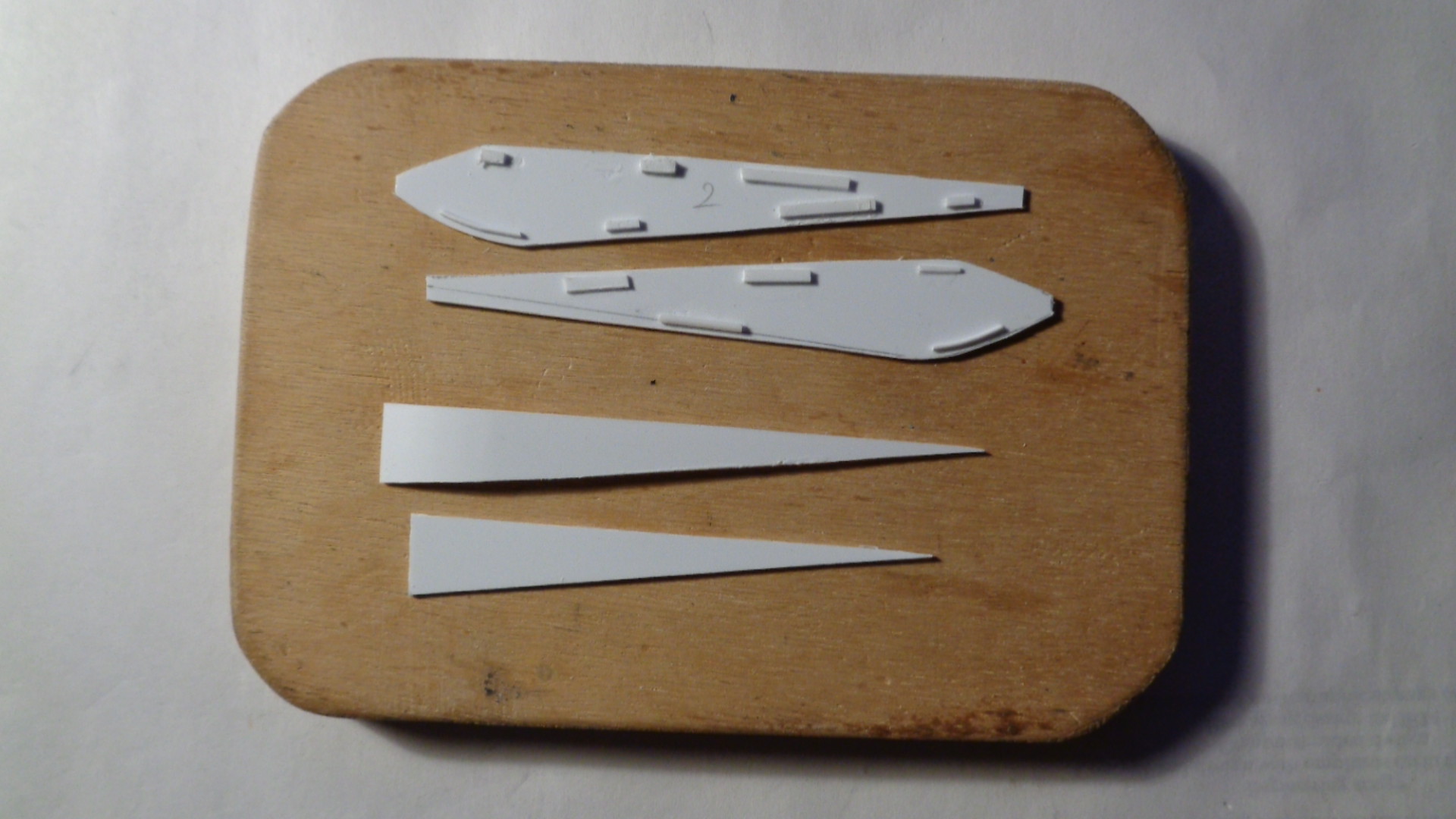Evening All,
In 1911 the third Gordon Bennett air race was held at the Royal Aeronautical Society flying field at Eastchurch on the Isle of Sheppey, Kent. This was the same place that in 1910 Moore-Brabazon had flown the first mile in Britain in an all British machine - the Short No 2 biplane, which was the subject of an earlier build. There were 6 competitors in the air race, 3 French, 2 British and one American. Four aircraft types were flown, the Nieuport ii, Nieuport iv, Bleriot XXIII and a Wright Type R. Eastchurch is an important site in the history of aviation for a number of reasons which I have described in the build of the Short No 2 biplane, and I am continuing with an Eastchurch theme by building models of the 6 aircraft which took part in the 1911 air race. All of them will be scratch builds in God's Own Scale: I have found drawings of the Nieuport types but am still searching for drawings of the Bleriot. The Wright Type R was a Type B which had a reduced wing span and other modifications: I am having to rely on photographs for the details of this particular type.
The Neuport iv was flown by C. Weymann who was the winner of the competition. I have drawings and a photo of Weymann standing by his machine taken while he was at Eastchurch, so this seemed to be a good subject to start with. I cut out the wing blanks, the horizontal tail surfaces and rudder. 10 x 20 thou Evergreen strip was glued to these surfaces to represent the ribbing:


(NB the Nieuport IV was a monoplane:I am making tow models of this type at the same time). I applied Mr Surfacer 1000 to the ribs and sanded these down to get a series of very slight ridges to represent the ribs:

The fuselage sides, top and bottom were cut from 30 thou card and scrap plastic cemented to the edges to help keep the joints square and provide a surface for adhesion:

I made a floor, seat, and control wheel and added some ribs to the fuselage sides from thin plastic strip. The interior was painted in clear doped linen for the cockpit sides with wood for the ribs. Very little of the interior will be visible on the completed model and as I have no photographs of the interior either, I have kept things simple.

The fuselage sides and bottom were glued together but the top has been laid on for the moment because I still have to cut out the opening at the front:

I now need to make a mould for the cowling and upper front fuselage plate, so that I can make the cockpit cutout the correct size. The engine and propellor will follow.
Thanks for looking.
Stephen